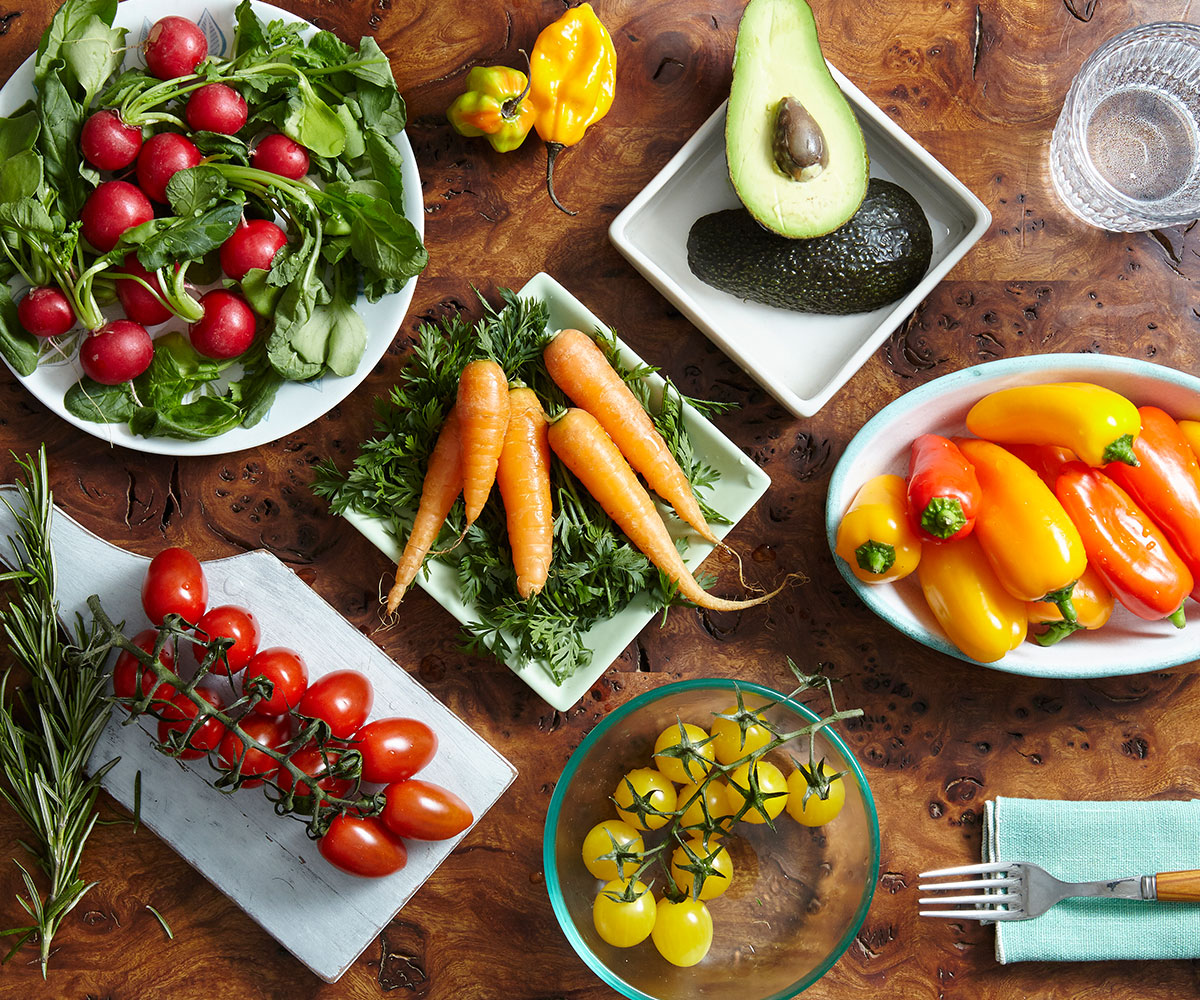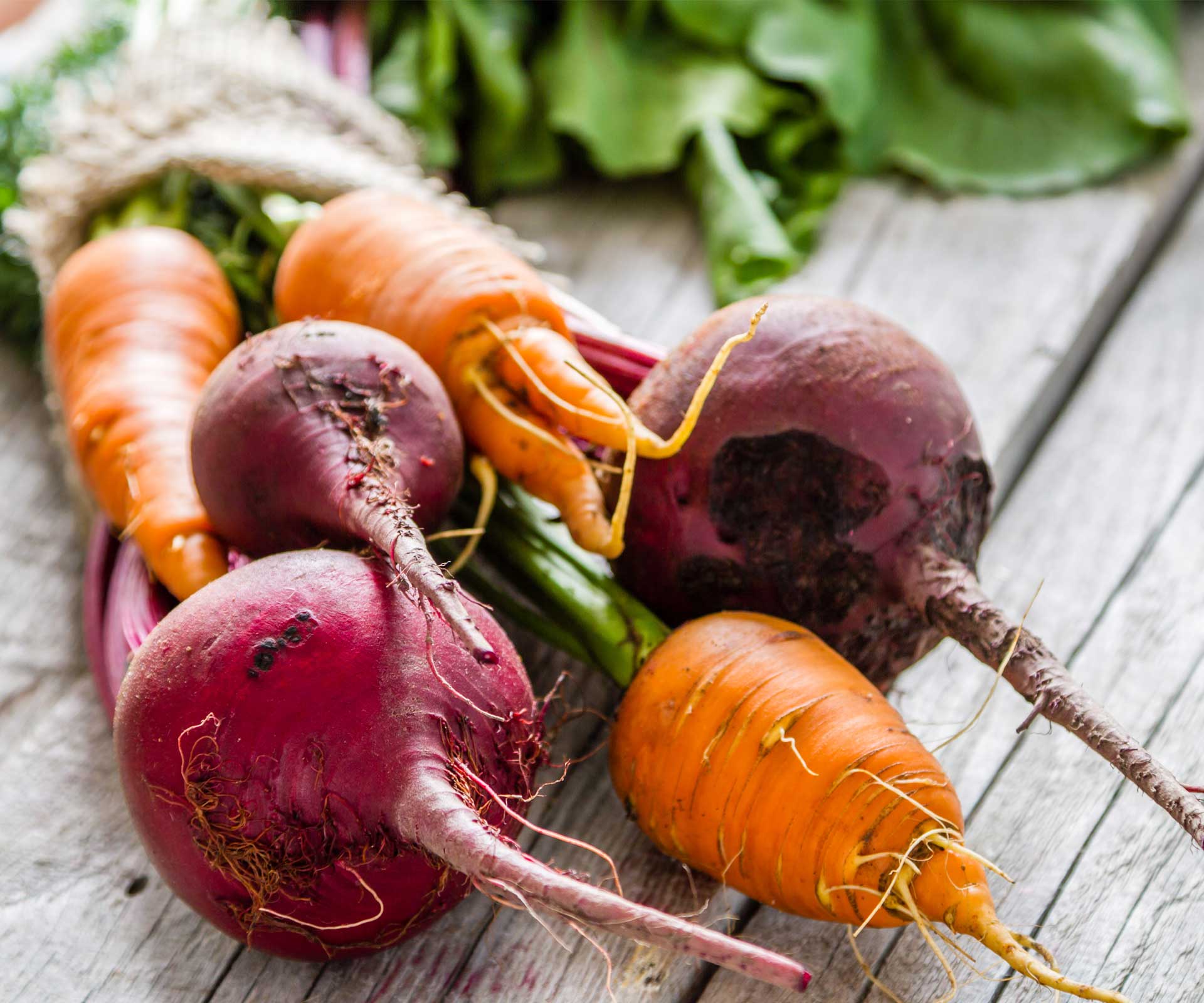Want to eat healthy but don’t want to spend a fortune? Yeah, us too. Which is why Now to Love spoke to health, nutrition and fitness expert and director of Fitness in the City, Lee Sutherland, about how we can incorporate some healthier food in our diet without spending too much.
1.) What healthy foods do you recommend we eat when we are on a tight budget but are trying to be healthy?
There’s a myth out there that healthy eating is expensive but that’s just not the case at all!
All you have to do is make some smart choices and swaps – that means no crazy, exotic superfoods from countries you don’t even know where. Instead go for local, in season produce that you’ll often find on special due to it being available in high volume.
You’ll often find the vitamin and nutritional value is just as high, if not more.
Some of my favourite ‘superfoods’ are ones that may be hiding in your fridge already and are easy to purchase regardless of whether you live in the city or the country.
Broccoli:
The humble broccoli needs to come back into vogue as it’s not only high in antioxidants, fibre and folate, it’s also great on the budget! The cruciferous veggie is also well-known for its cancer-preventing powers.
Veggies from the cruciferous family (cabbage, broccoli, Brussels sprouts, kale etc) contain compounds called glucosinolates, which convert into isothiocyanates (ITCs) when you chew them and break the cell walls. ITCs are compounds with proven anti-cancer activities. They remove carcinogens, kill cancer cells, and prevent tumours from growing. Amazing!
I always have a bag of frozen broc in the freezer as it’s a lifesaver when you’re running out of options for dinner – makes an easy side to some protein or even an omelette.
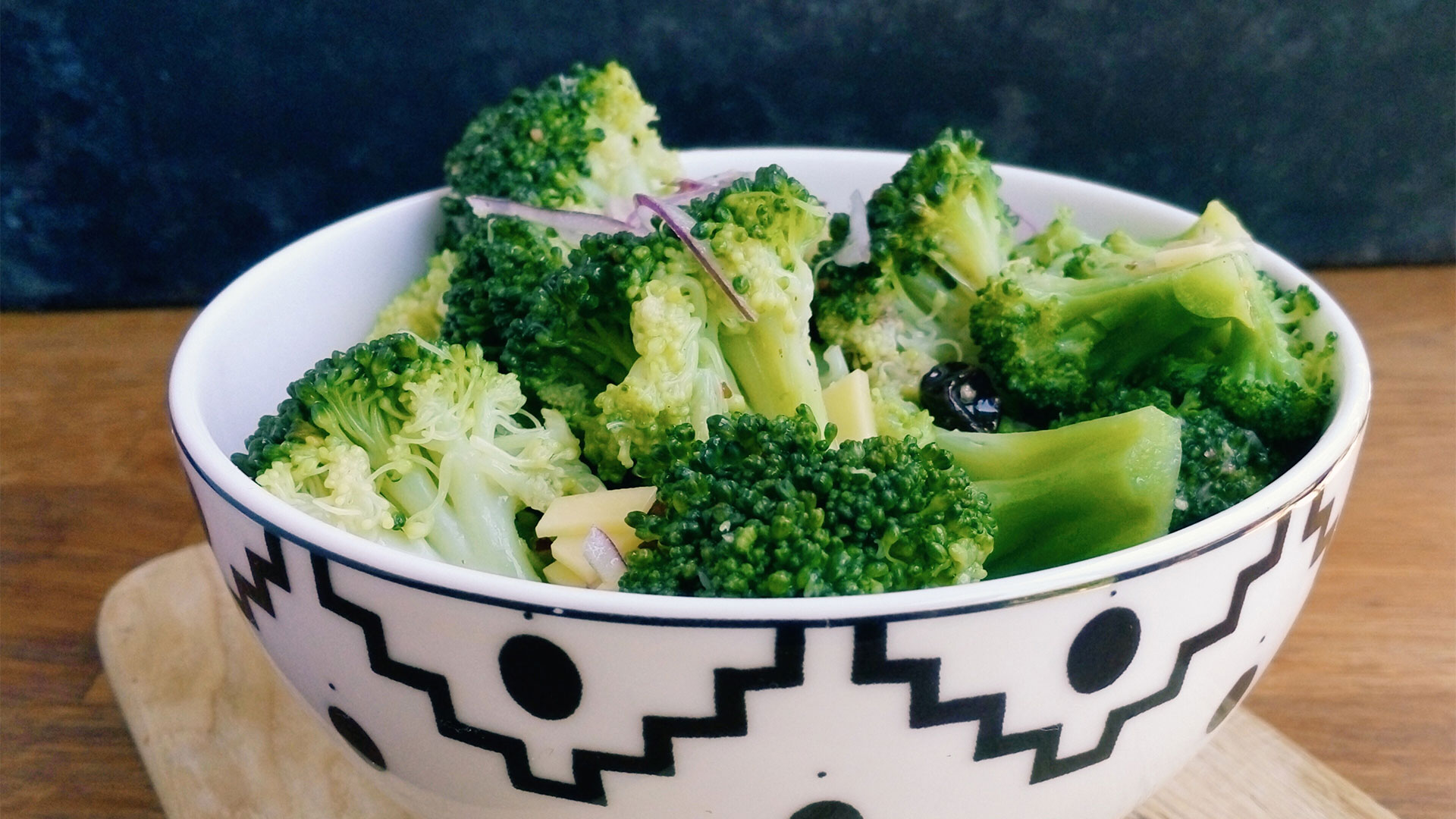
Greens and Spinach:
Yep, good old spinach will pack a protein punch and is often a lot cheaper than its stylish cousin, kale. One cup of cooked spinach has about 7 grams of protein. The same serving of French beans has about 13 grams. Two cups of cooked kale? 5 grams. One cup of boiled peas? 9 grams. Which would you prefer?
Eggs:
There’s a reason the incredible egg is such a popular breakfast choice. The protein in eggs (6g per egg) has the highest biological value, a measure of how well it supports your body’s protein needs, of any food, including beef.
And the yolks contain vitamin B12, deficiencies of which are common in vegetarian diets and can cause attention, mood, and thinking problems while raising blood homocysteine levels – a risk factor for heart disease, dementia, and Alzheimer’s.
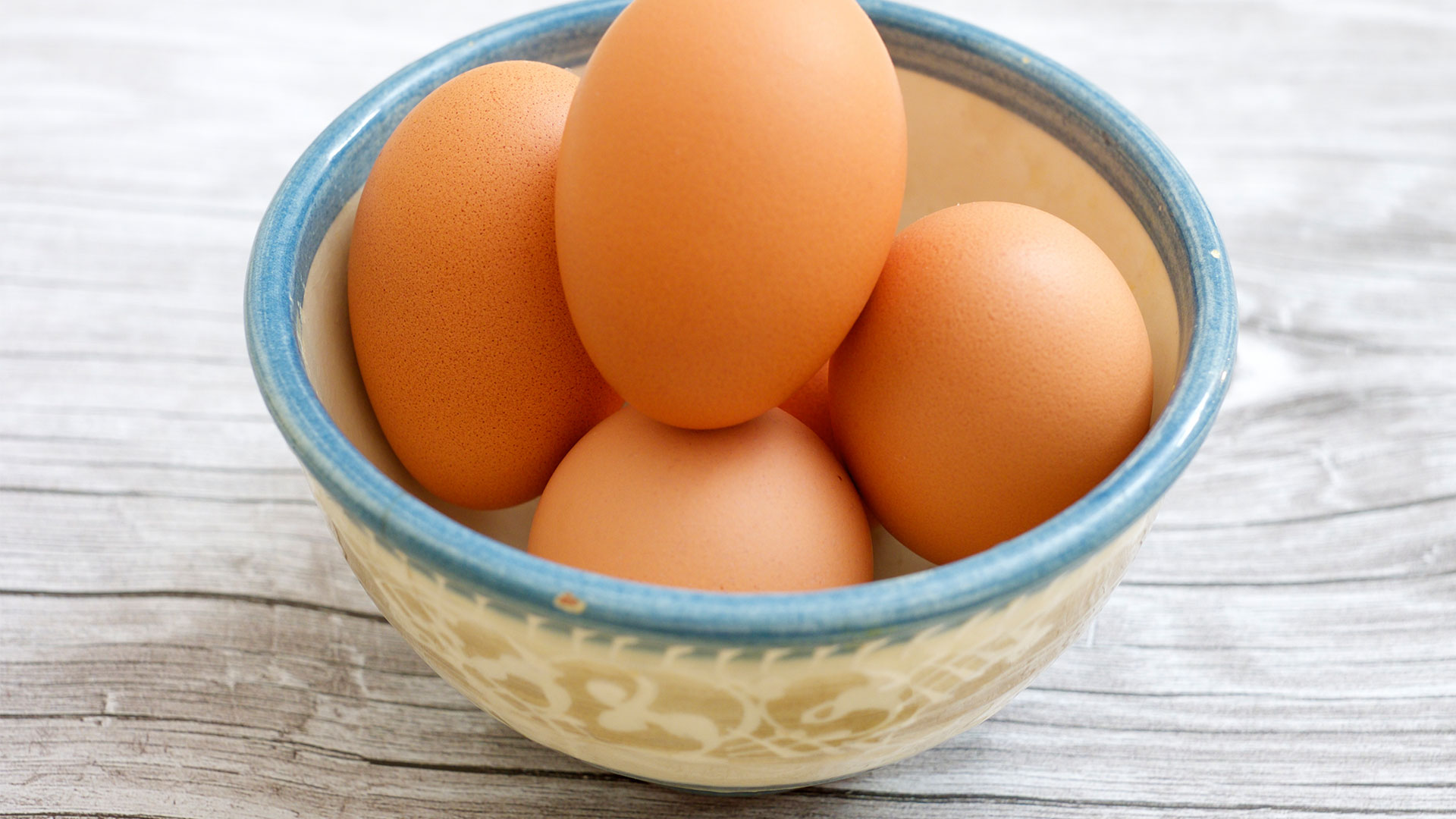
Kiwi fruit:
It’s time to replace that orange. A kiwi fruit provides you with your total daily requirement of Vitamin C! One serving gives the body 230 per cent of the RDA for Vitamin C, which helps to heal wounds, increase iron absorption and boost the immune system.
It will also provide you with 16 per cent of the RDA for fibre and tastes pretty damn good to boot!
Warm Water & Lemon:
Okay, not necessarily a food per se, but I always love starting my day with warm water and lemon.
In addition to stimulating your metabolism and aiding digestion, this easy concoction also boosts your immune system thanks to the high vitamin C and potassium content in lemons.
Vitamin C is great for fighting colds, and potassium stimulates brain and nerve function and helps to control blood pressure.
Tip: squeeze the juice of half a lemon into a cup and then add a dash of cold water first – don’t pour boiling water direct on the lemon juice as it can destroy some of the enzymes.
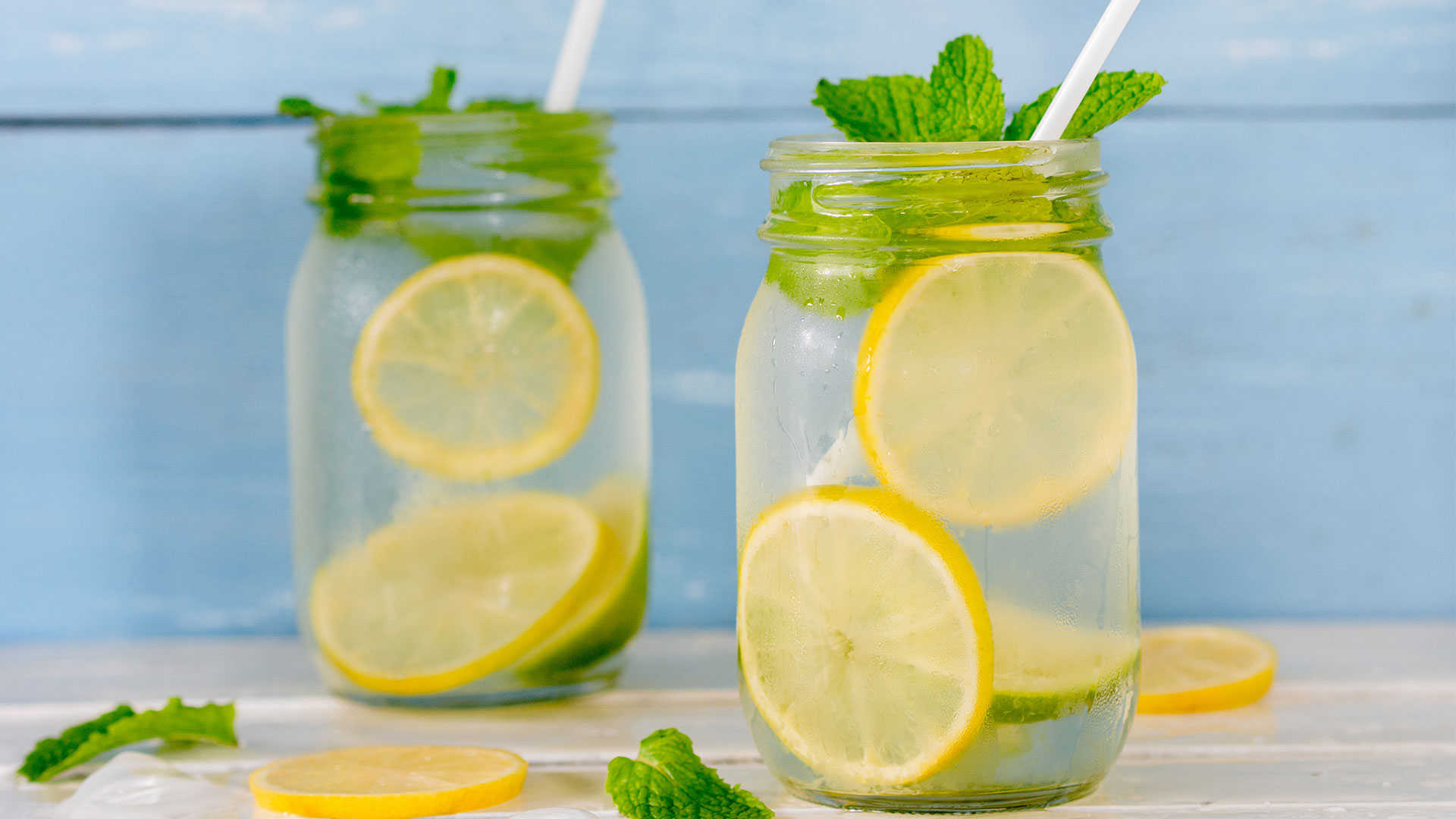
Ginger:
Fresh ginger is a must if you want to bring those stir fry veggies to life! Ginger has also been known to help battle symptoms of cold and flu by soothing aching muscles and easing digestion.
The take-away?
Don’t over complicate your diet.
Eat foods that are as close to their natural state as possible, and remember to include three macronutrients in each meal and each snack.
These are: protein, fat and carbohydrates. This isn’t about depriving your body, you are simply adding in new habits to help crowd out the bad and not-so-healthy habits.
Easy!
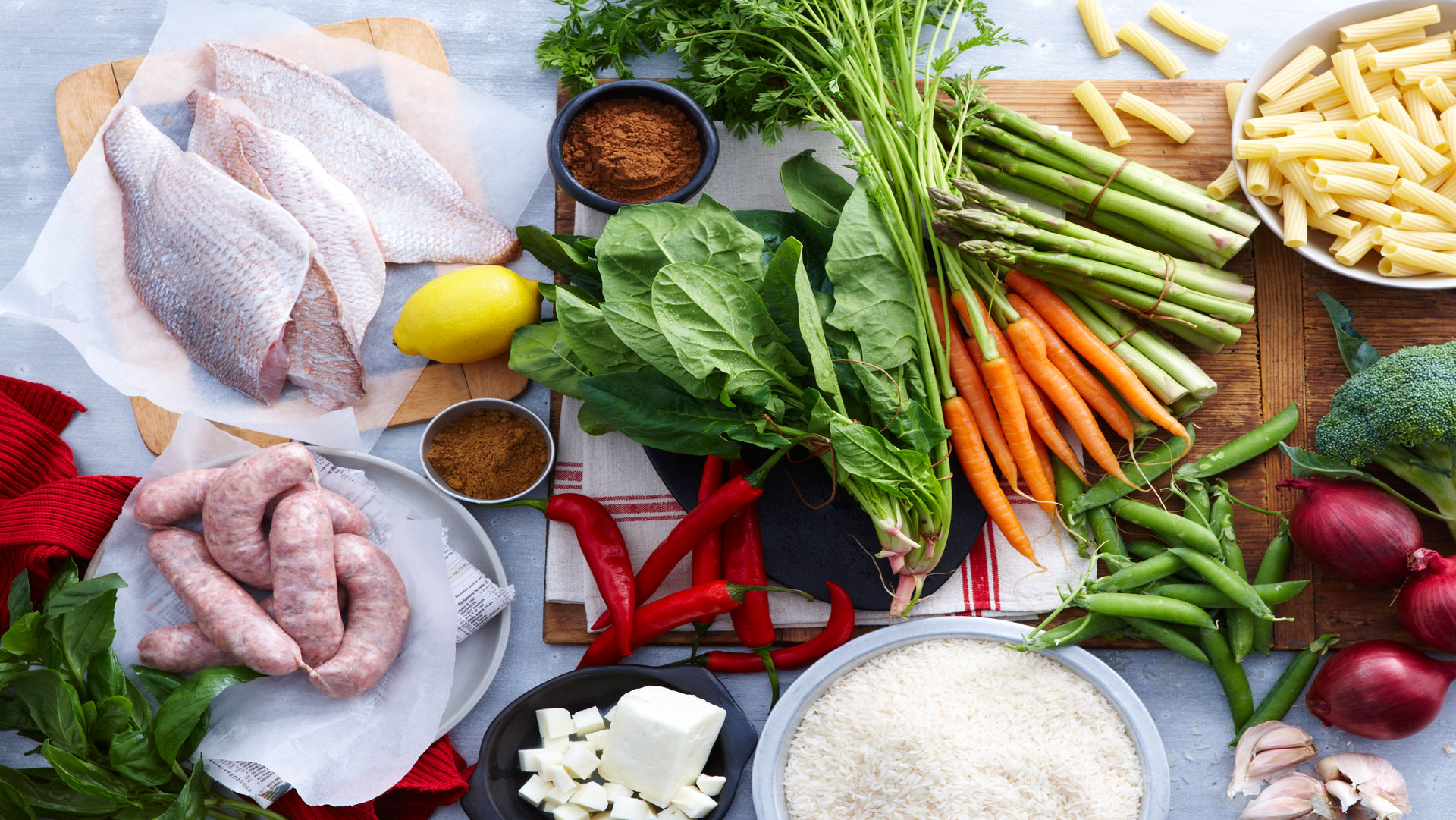
2.) Are there any foods that are cheap that we should avoid?
As a rule of thumb try to eat as many foods as close to their natural state as possible and with as little human interference as possible.
So, if it’s grown in the ground or on a tree, lives in the ocean or walks the land – go for it. If it comes in a silver packet, requires a lot of wrapping with an ingredient list that reads more like a science class, chances are it will outlive you (hello preservatives and additives) and you should leave it where you found it.
I’m not going to tell you to not eat bread (because, yum) but try and go for a good sour dough loaf as the fermentation process means it’s a lot easier for you to digest, and if that’s not available try a multigrain or seeded bread.
I’m also not going to say never have pizza but… let’s just try to make our own instead? We make a SUPER easy and delish pizza in my Voome Healthy on a Budget Program, which I know you will love!
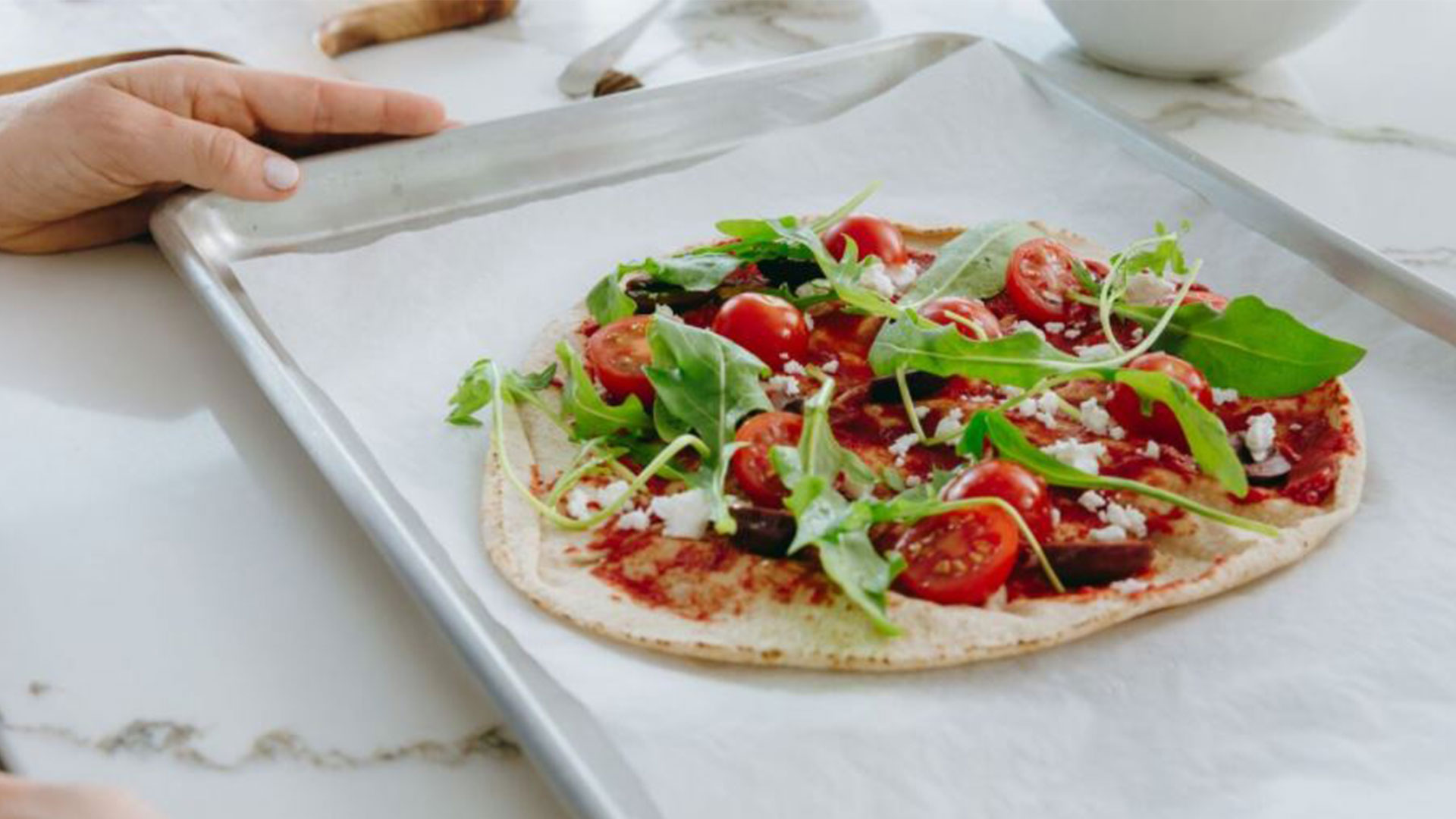
3.) Any cheap, healthy food suggestions for us to add to our shopping lists that won’t perish in a few days?
I’m a big fan of frozen veggies and fruit such as berries. Not only are they super convenient to just grab from the freezer whenever you need (without the pressure of them going bad), often they are higher in nutritional value as well as they are frozen just after being picked. So lose the guilt of buying frozen!
Having a good selection of tinned goods can also be a lifesaver when you need a quick meal and is also cost effective. Go for tins of tomatoes, lentils, beans, tuna and sardines.
Another tip is to blend your wilting herbs and then freeze them into ice block portions to give them a new lease on life!
4.) What healthy foods do you think we should splash out on?
Fish is something I love to get in a few times a week. Many people (whether they are aware or not) are deficient in Vitamin D, so splash out occasionally on something like salmon (again, frozen is fine) which contains both D and selenium (which is also great for healthy hair, skin, nails and bones) while being nice and rich in omega 3 fatty acids.
Don’t be shy of getting tinned sardines as a cheaper alternative, their edible bones means they are also high in calcium! They can also be quite tasty with a little olive oil, chilli/herbs and a squeeze of lemon on toast in the morning.
Avocado is another I just can’t break up with… but now I just try to enjoy them when they are in season and go for nut butters when one avo is the price of a sit down breakfast!
Lee Sutherland is a health, nutrition and fitness expert, Director of Fitness In The City, Personal Trainer, Certified Health Coach and blogger. Check out Voome’s Healthy on a Budget Program led by Lee.
